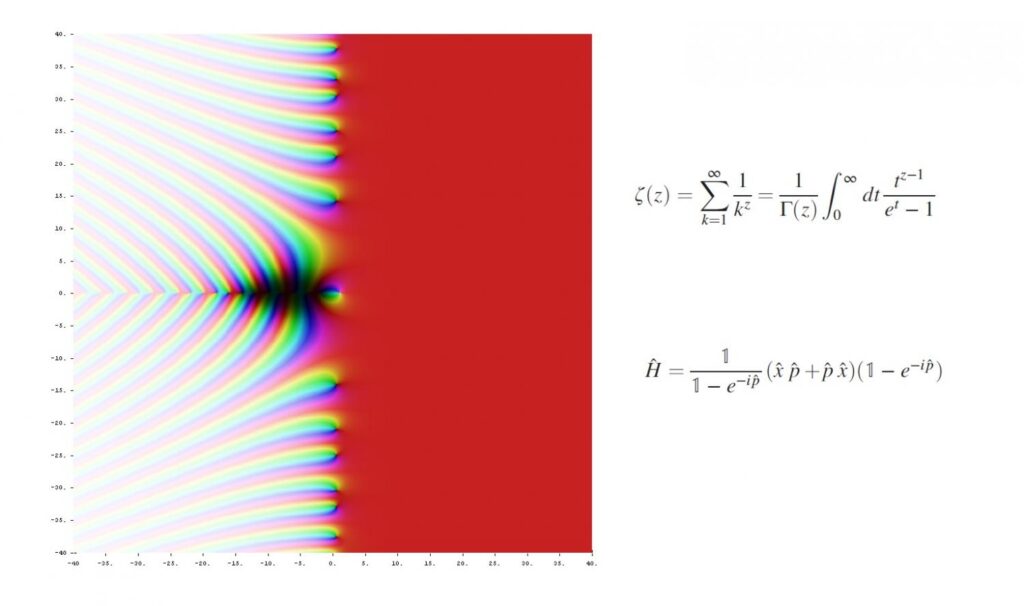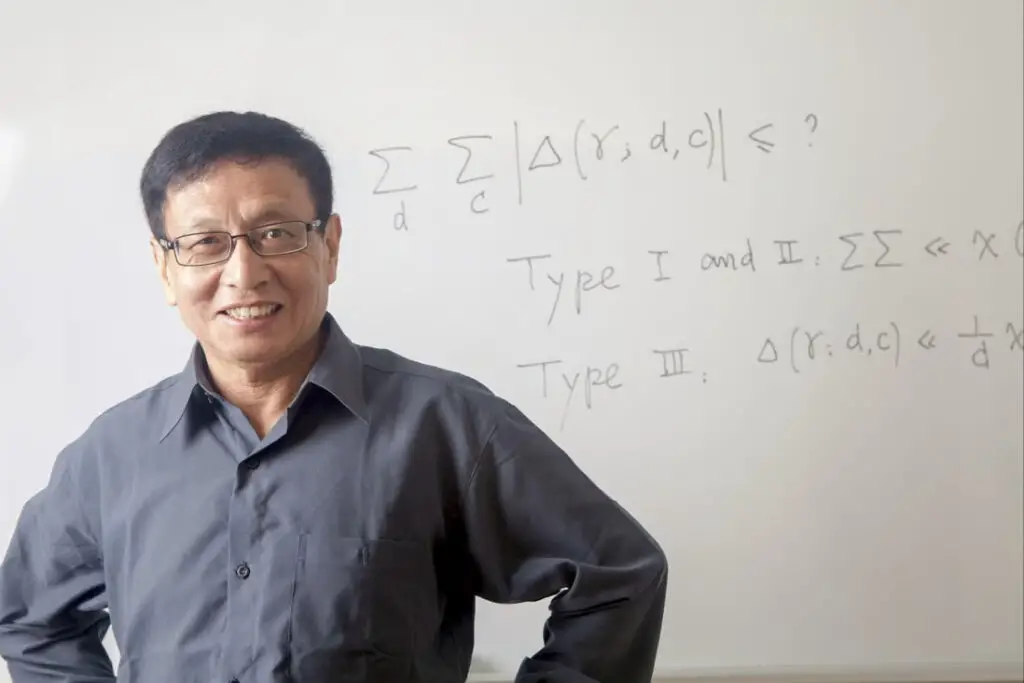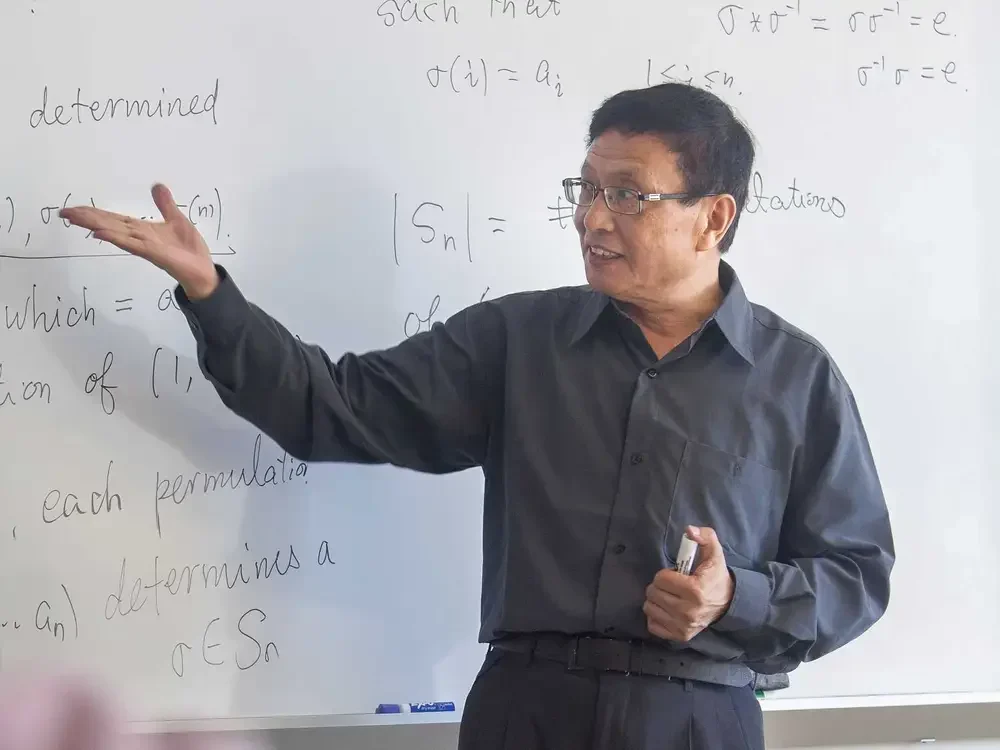Yes, you read it right. Riemann Hypothesis- a 150-year-old, most important, unsolved puzzle in pure Mathematics, the reason behind the vexation of many academics, could be solved by Professor Zhang Yitang’s work.
Zhang Yitang, who hails from Shanghai and teaches mathematics at the University of California, Santa Barbara, is an accomplished researcher. He has sent in a work that is 111 pages long so his peers can evaluate it. According to a report in the South China Morning Post (SCMP), if it goes through, he could make history by being the first person to solve the Riemann hypothesis.
What is Riemann Hypothesis?
The Riemann hypothesis, published in 1859 by Bernhard Riemann, is a mathematical theory that the Riemann zeta function only has zeros at negative even integers and complex numbers with a fundamental part of 12. Using this function, it is likely possible to predict where prime numbers will appear, but this has not been proven yet.
The problem has become so impossible that the Clay Mathematics Institute, a non-profit organization in the United States whose mission is to raise people’s knowledge of mathematics, has offered a prize of one million dollars to anyone who is able to solve it.

Who is Zhang Yitang?
Zhang, who was born in 1955 but was unable to attend school, educated himself in mathematics at the age of 11 on his own. After spending a number of years toiling in the fields and factories, he eventually made his way to Peking University, where he received his master’s degree in the year 1984.

After that, Zhang made the journey to the United States in order to earn a doctoral degree in mathematics from Purdue University. According to the SCMP story, when Zhang was unsuccessful in finding employment for himself, he went on to work as an accountant, a restaurant manager, and even as a food delivery person until landing a post teaching pre-algebra and calculus at the University of New Hampshire in 1999.
He went to Lexington, where he lived in his car for a while and worked making sandwiches at a Subway franchise and keeping the books because he had no other options.
In his free time, he went to the University of Kentucky’s mathematics library, which at the time was in the most down and depressing place on campus—a basement room off of a tunnel that connected the Patterson Office Tower to the Whitehall Classroom Building—to read academic journals about the latest research in number theory.
For almost nine years, he worked menial jobs, read math journals, and probably thought about what to do next.

Zhang Yitang and His Journey Towards Solving Riemann Hypothesis
Zhang began to work on a guess related to the Riemann hypothesis more than 20 years ago. The world was stunned by Zhang’s twin prime conjecture in 2013, which stated that an unlimited pair of prime numbers differed by two. Zhang’s previous accomplishments included just a single publication.
In the event that his research is accepted and published at this time, it will put an end to a well-known mathematical conjecture known as the Landau-Siegel conjecture.
Edmund Landau and Carl Siegel are credited with developing this hypothesis. In the context of number theory, it discusses the possibility of zero points belonging to L-function types. In a nutshell, the conjecture offers evidence against the Riemann hypothesis, which can be stated another way.
Zhang held an online talk organized by Peking University on November 12th, 2022, during which he presented the results of his work. It was the first time he had interacted with the general public since mid-October when rumors about his work first began to circulate.

Zhang’s paper may end up being the mathematician’s second seminal contribution to understanding prime numbers if it can withstand close examination. If all goes according to plan, Zhang will be awarded a prize of one million dollars from the Clay Mathematics Institute.
Conclusion
It will be exciting to see the 150-year-old math puzzle solved by a hardworking and passionate scientist from our era.
Zhang Yitang is a Chinese mathematician and professor of Mathematics who has been working on the number theory, it will be interesting to witness how his paper will change what we know.





